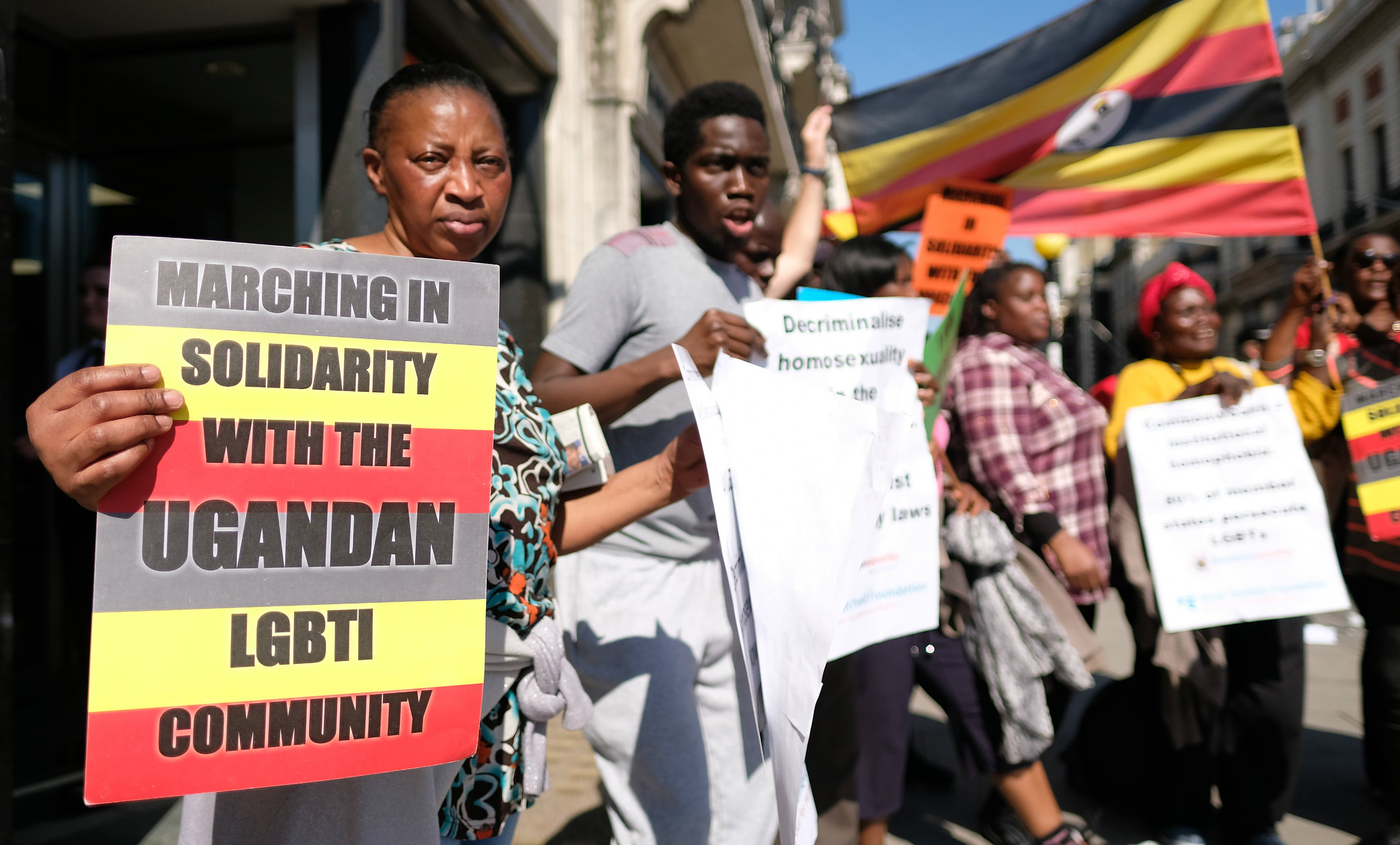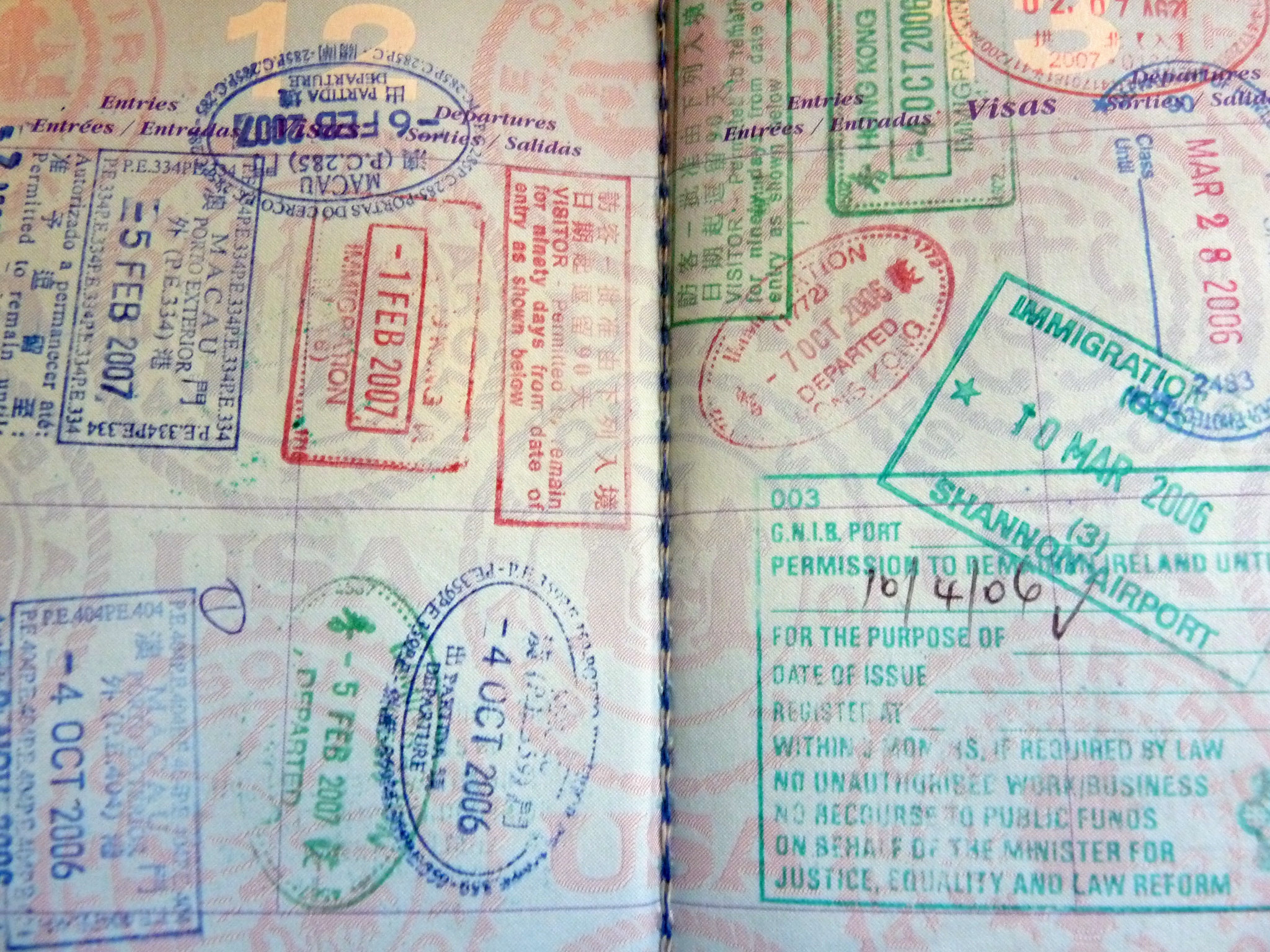Despite the authoritarian rule of Uganda’s government, there are examples in the country of institutions promoting fundamental rights, according to Mwai Daka.
In January 2023, Justice Kenneth Kakuru of Uganda’s Constitutional Court held Section 25 of the Computer Misuse Act as unjustifiable because it curtails constitutionally protected rights like freedom of expression and speech – both are principle features of democratic societies. The repeal of Section 25 means that people of Uganda can express their views on the matter online without fear of authorities arbitrary criminalising their online conduct.
Article 29 of the 1995 Ugandan Constitution provides for the following rights:
“Protection of freedom of conscience, expression, movement, religion, assembly and association”
Section (1)(a) of the same Article asserts that: “Every Person shall have the right to freedom of speech and expression which shall include freedom of the press and other media.”
These constitutionally protected rights were being undermined by Section 25 of the Computer Misuse Act which declared it was an offence for any person to “willfully and repeatedly use electronic communication to disturb or attempt to disturb the peace, quiet or right or privacy of any person with no purpose of legitimate communication”. This impugned Section has been found to be in contravention of the Ugandan Constitution.
In his Affidavit, Andrew Karamagi, a leading lawyer in the case of Karamagi and Another v Attorney General argued Section 25 of the Act is inconsistent with the constitution because it is an excessive restriction of Uganda’s citizens right to freedom of expression and speech. The section provides the Director of Public Prosecution unbridled administrative and prosecutorial discretion. In an authoritarian regime like Uganda, this quickly resulted in several cases of selective prosecution of internet users based on certain views deemed objectionable by the government, high-ranking politicians and public officers. These included the online views of the now exiled Stella Nyanzi who is a strong advocate of LGBTQ+ rights in Uganda.
Many countries across sub-Saharan Africa are having debates about legislation like Uganda’s Computer Misuse Act. Supporters argue that such laws are to ensure the safety and security of electronic transactions and information systems.
However, in Uganda’s case, Eron Kiiza another lawyer in the Karamagi Constitutional case argued the law was vague, overly broad, and ambiguous. This is because the impugned section 25 did not give fair warning regarding conduct that was deemed illegal under the right of freedom of expression and speech. The impugned section created an offence and punishment without precisely defining key terms and phrases like “disturbing the peace, quiet and privacy of anyone” and “with no purpose of legitimate communication”.
The Constitutional Court found that the impugned section was disproportionate in its restriction of constitutionally protected rights like freedom of expression and speech. In a democratic society, the state’ first instinct is to protect freedom of expression and speech, and only restrict it in specific and extreme cases.
The dangers of vague legislation are that (1) vague statutes may harm the innocent by failing to warn of the offense; and (2) vague statutes encourage arbitrary and discriminatory enforcement because vague laws delegate enforcement and statutory interpretation to individual government officials. Consequently, they give law enforcement unfettered discretion to punish unpopular or critical expression such as the support of LGBTQ+ rights in Uganda. In an authoritarian regime like Uganda with a poor human rights record, it is possible to arrest citizens via the use of excessively oppressive provisions implemented by an autocratic dominated legislature.
Uganda is an example to other nation states intending to implement intrusive legislation. They should opt for less intrusive measures as opposed to measures that cover all forms of electronic communication speech including expression and speech. If Uganda is to protect fundamental rights, authorities in Uganda should reframe from passing legislation and provisions that undermine key human rights like LGBTQ+ rights and other rights fundamental to enjoying these rights like freedom of expression and speech.
Photo credit: Pexels





